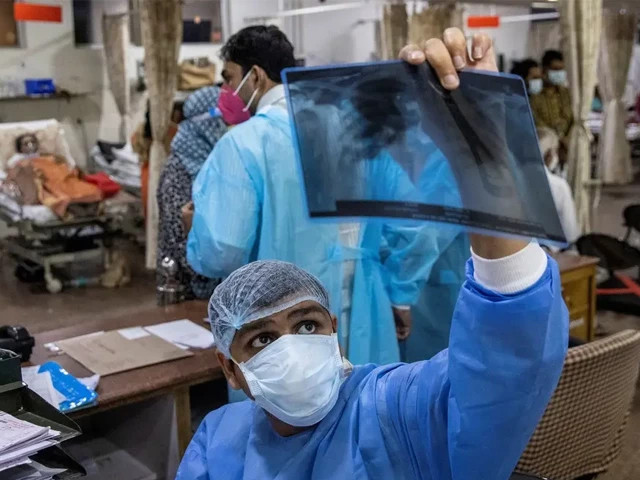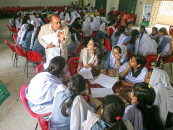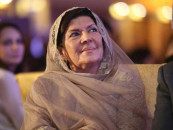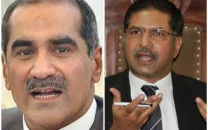Medical graduates abandon practice
Parental career imposition and meagre income generation force many doctors to drop white coats soon after graduating

Ask an average five-year-old what they want to be when they grow up and the word “doctor” will undoubtedly be the first thing they mumble. Thanks to their social conditioning, a large majority of these children actually do end up in white coats. However, when the reality of meagre wages kicks in, very few of these reluctant healers stick to their noble profession.
According to sources of the Express Tribune, more than 50 per cent of 8,000 graduating doctors bid farewell to medicine and take new career paths as a result of which government hospitals across the province are facing a shortage of staff. Nearly 3,000 out of 6,000 posts of doctors and specialists are lying vacant, forcing patients to seek treatment facilities at the private level.
Every year, 8,300 doctors complete their MBBS in Punjab, 25 per cent of whom join the civil services and police, while 20 per cent start a business. Only 40 to 45 per cent of the remaining 55 per cent stick with medicine as their primary profession and hope to move towards specialization. In Punjab, there are currently 22 officers in the police and about 25 officers in the civil services who are MBBS doctors including IG Punjab Police.
Also Read: Zeitenwende — historical turning point and need for a new norm
DIG Establishment Dr Suleman Sultan Rana, revealed that after completing his MBBS from King Edward Medical College, he wanted to get a job immediately, but when the Public Service Commission did not advertise for the recruitment of doctors, he started preparing for the competitive examinations. “Even today, the situation is the same. Until the government increases the salary and privileges of doctors, medical graduates will continue to run away from the sacred profession,” opined Dr Rana.
Despite every new government in Punjab claiming to take revolutionary steps in the health sector, at the government level the condition of medical professionals remains highly discouraging. With the salary of an average MBBS doctor fairly meagre compared to their exhausting work schedules, graduating medical students have little hope of flourishing in the highly revered profession while staying in Pakistan.
Professor Dr Rizwan Aziz and Professor Dr Altaf Ahmad Yar, who are practicing abroad due to a lack of facilities for doctors in Pakistan, revealed that they both were graduates of Pakistan's largest medical college, King Edward. “After graduating we got good offers from the UK and Saudi Arabia therefore, we moved to these countries with our families. If the government wants to do something for the welfare of doctors, then their pay package should be increased,” said the overseas doctors.
Read: End of euphoria?
Conversely, Prof. Dr Uzma Ashiq, Chairperson of the Department of Social Work at the University of Punjab felt that the trend of abandoning medicine after graduation could not be attributed to economic reasons alone. “Parents often push their children into studying medicine against their personal aspirations since they feel the child will be respected in society. Later on, when the child has an option to quit, they pursue something else. Secondly, the concept of career counseling is non-existent in the country due to which students end up with unsuitable careers,” explained Dr Ashiq.
Reportedly, the Punjab government has claimed that it is creating 475 more posts in 12 medical colleges of the province to meet the shortage of doctors in the future, for which a letter has been sent to the Pakistan Medical and Dental Council. Furthermore, admission seats to the MBBS degree are also being increased.
A spokesman for the Health Department claimed that the recruitment of vacant posts will be completed soon. “The government is going to recruit retired doctors on contract to meet the shortage of specialist doctors in government hospitals,” said the official.






1724319076-0/Untitled-design-(5)1724319076-0-208x130.webp)














COMMENTS
Comments are moderated and generally will be posted if they are on-topic and not abusive.
For more information, please see our Comments FAQ